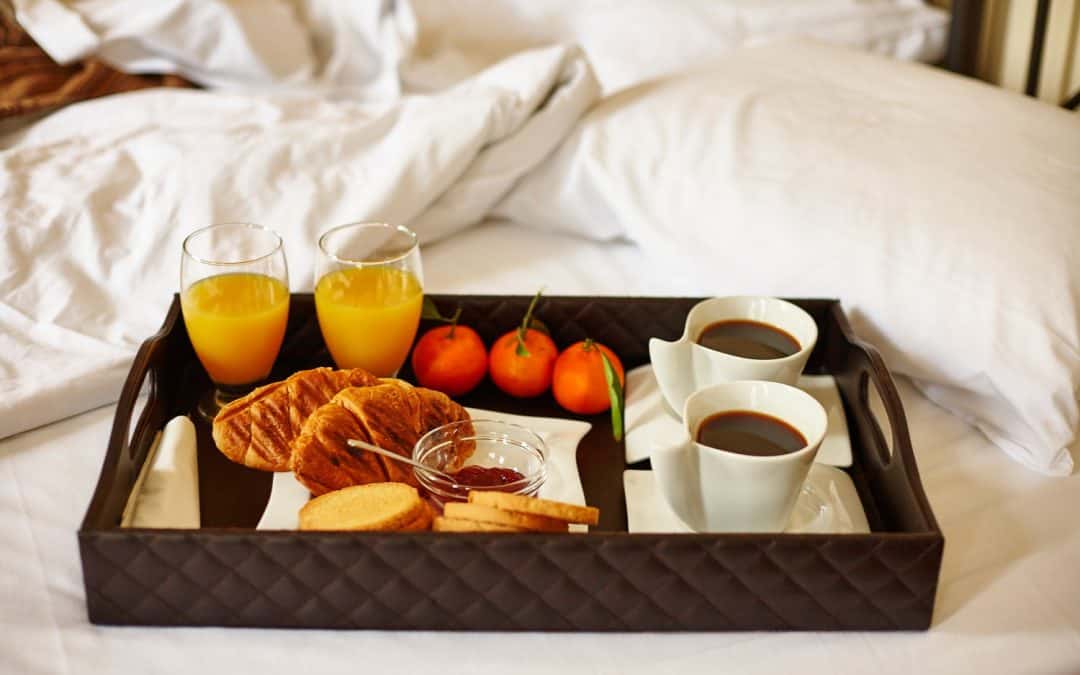Routine
Routine is the foundation of a well-lived life. Routine creates simplicity, perspective, and helps you stay organized. Lack of routine creates instability, confusion, and an inability to identify the cause from the effect. A good routine supports your ability to plan meals ahead of time and eat the right foods. On the other hand, people who have a poor routine tend to skip meals and soon become ravenous, reaching for any available snack or junk foods. People who have a poor routine often suffer from confusion, anxiety and financial instability as well.
Mind vs. Body
Many modern people find routine boring and restrictive. Boredom itself is usually a sign that your mind has hijacked the rest of your body. People who live out of their minds naturally crave unlimited choices and opportunity. The mind loves freedom however much it destabilizes the body. Your body loves stability and craves routine, even when your mind doesn’t.
Routine & Digestion
The system of the body most affected by poor routine is digestion. Digestion works as an old fashioned factory, from dawn to dusk. The hard working digestive organs rise to duty with first light and give 100% percent of their capacity up until 11AM approximately. By noon, the digestive organs begin to slow down gradually, and by sunset the “workers” go home to recover, while the factory maintenance crew takes over to tidy up and clean the mess. Although modern life has changed many aspects of human activity, digestive physiology remains the same. Digestion works best between 7AM and 18PM, with a routine of 3 meals, at the same hours every day, with a few hours break between meals. Another aspect of routine is eating more or less the same foods every day, keeping it simple and familiar. When any aspect of routine is shaken, the chances for indigestion and its consequences grow. The trouble with a poor routine is that it sneaks up on you when you least expect it. And then it’s too late and you are in a rut.
The Foundation of a Good Routine: Meals time& Bedtime
The cardinal features of a good routine are meals and bedtimes. If you eat your meals on time and go to bed on time, you’ll have a happy body even if the rest of your day is relatively entwined with uncertainty. The best times for meals are as follows: breakfast at 8:00AM, lunch at 12:30PM, and dinner at 17:30PM. You can set your routine an hour earlier or later than these times. If every day during your week is different, create and maintain a routine for each day separately.
You should be in bed by 10:00PM and get out of bed no later than 7:00AM. Some people stay awake past 10:00PM, and get a second wind of energy. However, the second wind is actually the energy that your body needs for the “cleaning crew” to cleanse the internal organs. If the eyes are open, your mind will use upthis energy and you will lose anight of organ restoration. Over time, this leads to deteriorated health. Going to bed early is a simple way to add years and vitality to your life.
Basic guidelines for a Good Routine
Massage your abdomen clockwise before getting out of bed.
Brush your teeth and clean your tongue.
Drink a glass of warm water when you wake up.
Stretch, warm up and move your joints for 5-10 minutes every morning and night.
Drink a glass of warm water 20 minutes before each meal.
Swish with warm water to clean your mouth after each meal.
Floss, use a dental stick and brush every night before going to sleep.
Avoid reading, watching the television, and bright lighting after 21:00PM.

